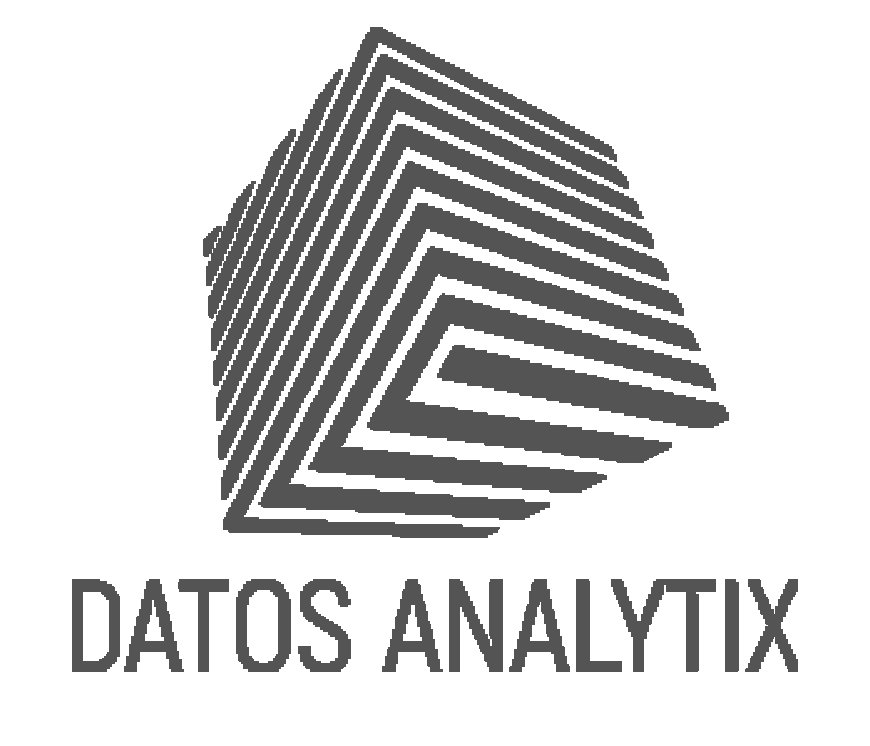South Bay Charros: Proposed Rodeo Ban Threatens Our Heritage
A new proposal to ban rodeos in the city of San Diego could force a local group to stop holding charrería events at a ranch in San Ysidro. The post South Bay Charros: Proposed Rodeo Ban Threatens Our Heritage appeared first on Voice of San Diego.


Behind a rusty fence, an iron sign hangs high like a beacon over the wooden gates of a ranch in San Ysidro. The ground is unlevel – covered in muddy puddles, tire patterns, footprints and hoof tracks. This is Rancho La Laguna.
Twice a week horse riders gather here to hone their skills in Mexico’s national sport of charrería. Charrería is traditional Mexican rodeo brimming with cultural pageantry. Teams of men and women demonstrate horsemanship and livestock herding through 10 competitive events. The men are known as charros and the women are called escarmuzas. They compete dressed in traditional colorful wardrobes, complete with elaborately embroidered wide brim sombreros and chaquetillas that match their pants or skirts. Charrería is more than a competitive rodeo sport for its practitioners — it is a lifestyle.
For nearly five years a team of riders known as Charros Rancho La Laguna have worked to preserve charrería in San Diego. But now they feel their existence is under threat.

A new proposal to ban rodeos in the city of San Diego could force them to stop holding charrería events and competitions at Rancho La Laguna. Although San Ysidro is located next to the border, it is technically within the San Diego city limits.
Ramon Jara, the captain of the charro team, opens his gates to the community while he still can. He says a local ban on rodeos would strip away an important part of Mexican heritage for himself and his team members, as well as future generations.
He pointed out across the ranch.
“Look at all the kids. His family, my family. What is the alternative for them, being out on the streets?” said Jara. “This is one of the few things that is still sacred. It is so unique, being out in the wilderness with your animals. Our animals are like our family. It is a family atmosphere, so what is the alternative if this goes away?”
Background: In January, Petco Park hosted a three-day rodeo. The event drew backlash from animal welfare groups who protested claiming the use of shocking devices. Shortly after, Councilmember Kent Lee proposed a rodeo ban within the city limits of San Diego.
Lee’s office is still working on the ban’s proposed language. His office declined to comment.
“Entertainment is not a justification for cruelty towards animals,” said Lee, according to a press release in January. “This ordinance will ensure that no more animals will needlessly suffer under the guise of entertainment in San Diego.”
Officials for the San Diego Rodeo Alliance, a collective organization of local rodeo groups, have said their events do not employ shock devices, prods or sharpened spurs.
“There is nothing we take more seriously when planning and conducting an event,” said alliance leaders in a letter to Voice of San Diego. “Rodeo opponents in San Diego have suggested that we use electric prods and other harmful devices. That is false.”
Jara, chair of the Charro Coalition of San Diego, a group within the alliance, takes offense at claims of animal abuse.



“People are misinformed; our job is to educate them. The reality is that we take better care of our animals than anybody else,” Jara said.
Charrería is rooted deeply within Mexican culture. The heritage of the sport comes from the 16th century, during colonial times, when indigenous people were made to care for the livestock of conquistadors.
Through the many generations, Mexican rancheros developed an affinity for competing while also laboriously herding the livestock. Its entertainment value made it a sport, and charrería was born. The riders began calling themselves charros. Each event — or suerte – involves a different competition. Charros take down cattle, ride bulls bareback and do elaborate dances with their lassos to rope horses. Each round is scored by multiple judges and whatever team has the most points at the end of an event is the winner.
Jara specializes in manganas a pie – an event where a charro ropes a horse from the ground. During practice, he stands in the center of the arena, intending to carefully rope the forefront legs of a galloping horse while also ensuring he does not trip the animal. In an actual charrería competition, ropers take down the horse. Jara, dressed in his practice chaps and sombrero, hops several times through his vertical whirling lasso before the perfect moment, he successfully ropes both front legs of the horse as it gallops past him.
The proposal to ban on rodeos concerns first generation charro Jesus Rodriguez, who said he was on the wrong path before discovering charrería three years ago.

“I was getting into trouble all the time, it got to the point where my mom wanted to send me to military school,” said Rodriguez. “I was 17 when I started charrerìa, and it changed my life.”
Rodriguez said he was hooked on the sport the moment he mounted his first wild horse. “My dad encouraged me,” he recalled. “When I got on her, she started bucking. She bucked for at least 200 feet, then suddenly she nailed herself to the ground and it sent me flying off.” He told his dad: “I like this.”
Rodriguez, nicknamed Charrito de Sonora in the arena, is a rising talent on the Rancho La Laguna team. He is decorated with prized buckles from competitions.
“I have 15 buckles,” said Rodriguez. “Little kids come to me and say, ‘How do you do that?’ or ‘I want to be like you.’”
“Who are those kids going to look up to,” asks Rodriguez. “If they do ban rodeos, these kids could end up in bad situations like I was in.”
The post South Bay Charros: Proposed Rodeo Ban Threatens Our Heritage appeared first on Voice of San Diego.


















